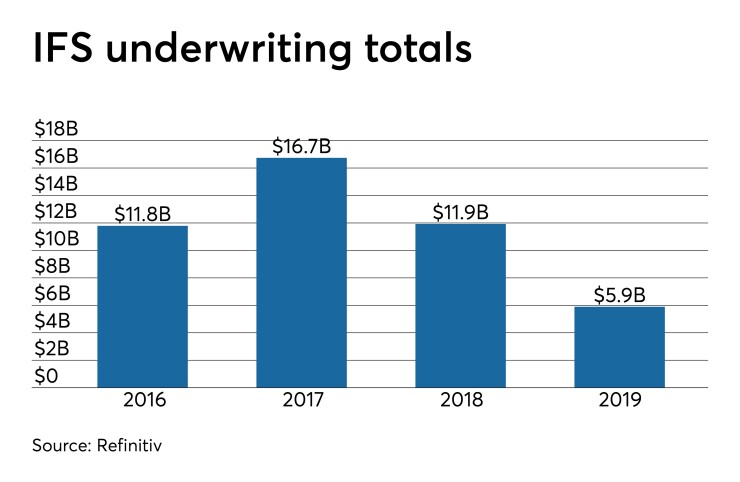Whether IFS Securities and individuals at the firm face enforcement action — or even criminal prosecution in connection with the “rogue trader” who allegedly cost the firm at least $10 million — depends on what investigators learn about the firm’s internal protection measures.
Lawyers speaking on condition of anonymity to provide analysis freely discussed what is at stake following revelations earlier this month that the Atlanta-based firm had fired Keith Wakefield, its former managing director, over allegations that he shorted Treasurys in off-book transactions that lost at least $10 million.
“Reporting unauthorized transactions is certainly a good first step in building cooperation,” said one lawyer. “But there could be a lot more to it.”

The firm said it self-reported the transactions to regulators, who in turn told the firm to also notify the U.S. Department of Justice, a signal that a potential criminal probe may be underway. If so, lawyers said, the most likely focus would be on the allegedly fraudulent nature of the trades.
“It feels like a theft,” one attorney said. “Certainly would be wire fraud. Definitely there is a securities aspect.”
Even though the inquiry would likely start with Wakefield’s alleged conduct, lawyers said the inquiries by both the DOJ and the Securities and Exchange Commission could easily expand to include the firm and other individuals at the firm depending on what investigators find out about any supervisory failures that might have allowed unlawful conduct to go unchecked.

There will be a number of interviews, involving not just the SEC but also the FBI and people from the local U.S. Attorney’s office, sources said. The fact that the company self-reported is worth “a lot of credit” in the eyes of the authorities, a lawyer said, but regulators are still going to be concerned about the impact on investors.
The firm has so far kept its doors open and sources say it hopes to stay in business under another branch IFS Capital Markets LLC, as the relatively small firm could likely not absorb the losses Wakefield is accused of causing.
The firm employs about 200 and Alex McKenzie has held the chief executive officer’s post since 2007. Sources said that figure includes about 30 municipal professionals and said the firm has grown from $300,000 in capital in 2012 to $6 million in 2019.
“When a firm is put in jeopardy, its customers can be put in jeopardy as well,” a lawyer pointed out, adding that a bankruptcy situation could lead to a lot of unwinding.
The firm has served as lead manager on 17 small transactions so far this year with the largest at $18.8 million. It has also served this year as a co-manager on big issuers for familiar market names including California, Chicago, and Illinois.
Regulators require that firms have written policies and procedures in place designed to ensure compliance with the law, and lawyers said that is likely to become a focus of any investigation.
“The problem is, you can be hung by that policy,” a lawyer said. If a firm’s policies and procedures lay out the safeguards and supervisory provisions designed to prevent such incidents, and investigators find that those policies and procedures were being ignored, that can serve as a “road map” for an enforcement action against a firm, one lawyer said.
Another consideration is the fact that IFS was already subject to an administrative cease and desist order for its role in a January 2015 $6 million bond offering for the Harvey Public Library District, in which the SEC found that the firm did not act with reasonable care and sold the bonds at prices that were not fair and reasonable.
The latest IFS episode potentially raises questions about what sort of protections an issuer should have in mind in its selection process, another lawyer said.
Other than an official statement that it had reported to authorities, IFS has declined to comment publicly on the matter. Regulators have also declined to comment, and typically adhere to policy dictating that they will not comment on ongoing investigations.





